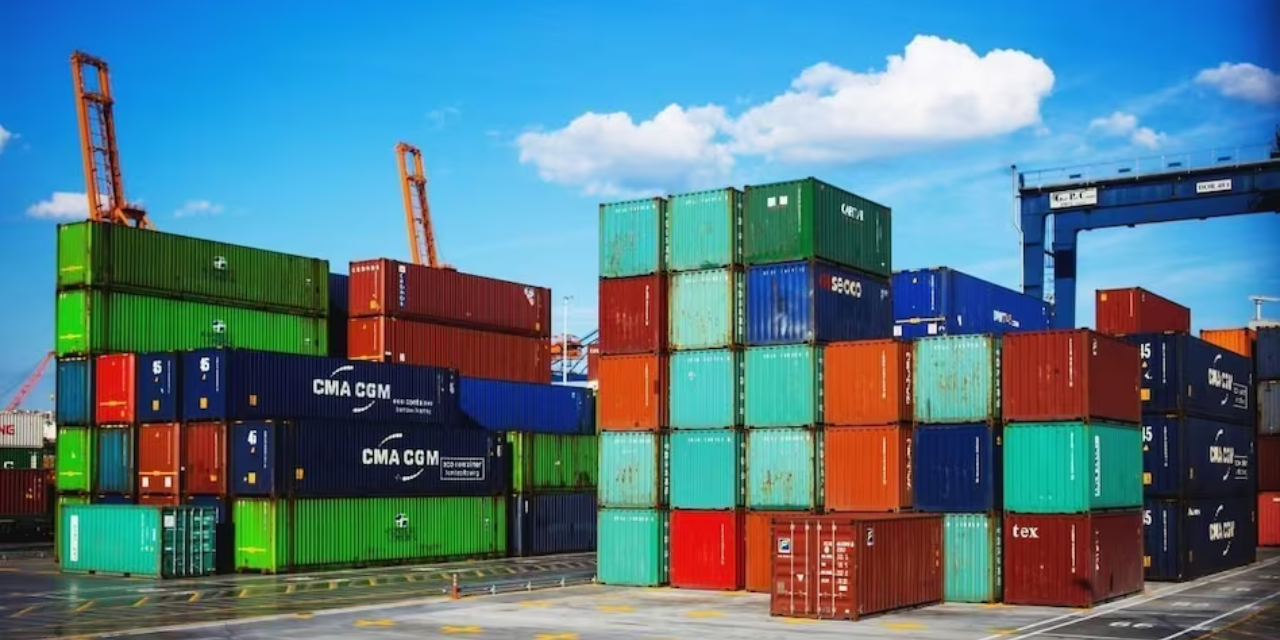Due to a rise in quality control orders (QCO) issued by the Indian government and uncertainty regarding when Chinese officials will allow inspections of their manufacturing facilities in the wake of the recent COVID-19 wave, imports of Chinese goods could decline, posing issues for the Indian industry. by the Bureau of Indian Standards (BIS) have become crucial, with India requiring certification for many products for which QCOs have been issued. As a result of the announcements of hundreds of QCOs, customs agents are now required to stop products that do not meet Indian criteria.
India has already sent out 115 QCOs, and orders for up to 675 products from 14 ministries are being considered.Air conditioners, refrigerators, footwear, wheel rims, chemicals, and protective gear are among the items that use QCOs. industrial workers’ attire.
As China is India’s main supplier of a variety of goods, including chemicals, machinery, auto components, pharmaceutical ingredients, and medical supplies, the import delays might be severe. According to official data issued by the commerce and industry ministry, overall imports from China rose to $98.51 billion for the fiscal year that ended in March from $94.57 billion the previous fiscal.
Indian shipments from China are not being obstructed. The problem is that inspections are not happening because of China’s travel limitations. The reopening of facilities for inspections has not yet been announced by Chinese officials. All of the nations whose embassies wrote to us to let us know that their facilities were available for inspection have resumed inspection. Without, BIS cannot issue certificates inspections,” a government representative who asked to remain anonymous stated.A firm executive, who wished to remain unnamed, asserted that Indian officials should start travelling to China to address the problem because the sector needs certain supplies.
“India is not a significant market for China, but it is important to us. Examples such virgin fibre, low melt PSF fibre, and hollow conjugate fibre have been provided. Therefore, we cannot risk exports for 100 rupees in order to block imports worth one rupee. Low melt fibre, for instance, is utilised outside of the textile industry in a variety of industries, including the automotive industry. Prices have increased. Chinese exporters have started to retaliate. They claim that the cost of certification prevents them from pursuing it. China is 0.5 percent of the market. Why would they endure such suffering, the guy said.”It should be noted that the industry itself is unprepared, as they don’t respond unless they face consequences. Most industries lack a policy team, but at least some adjustments will result from the reforms being made, the industry representative continued.
The majority of the goods covered by the quality control order are consumer goods, according to Anil Bhardwaj, secretary-general of the Federation of Indian Micro and Small & Medium Enterprises (FISME), therefore MSMEs are not experiencing difficulties with imports.
“BIS does not have enough inspectors to inspect the nation’s MSME units. You will eventually be able to halt imports from specific ports where Chinese goods are manufactured. their route through the nation. As a result, imports from China will decrease, which is what the government wants. However, MSMEs that produce QCO products will suffer in the short term, according to Bhardwaj.The founder of the Global Trade Research Initiative, Ajay Srivastava, said that the majority of China’s imports serve as raw materials for the production of export goods and that only a small portion of those imports reach the domestic market in China. According to Srivastava, China employs a number of restrictive measures to limit imports. Till publication, the textile, consumer affairs, and commerce ministries had not responded to inquiries.

